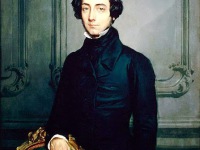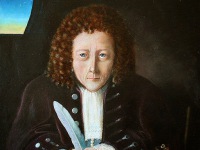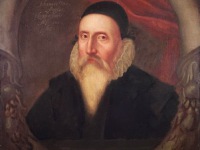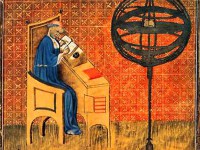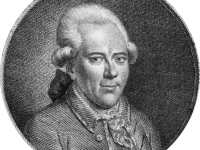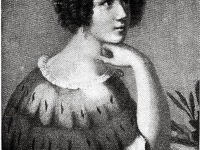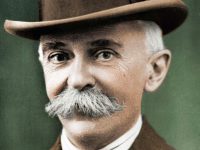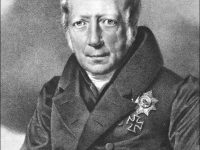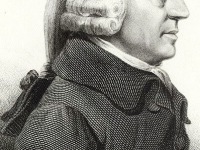Alexis de Tocqueville and the Democracy in America
On July 29, 1805, French political thinker and historian Alexis de Tocqueville was born. He is best known for his Democracy in America, where he analyzed the rising living standards and social conditions of individuals and their relationship to the market and state in Western societies. Today, it is considered an early work of sociology and political science. “The best laws cannot make a constitution work in spite of morals; morals can…
Read more

